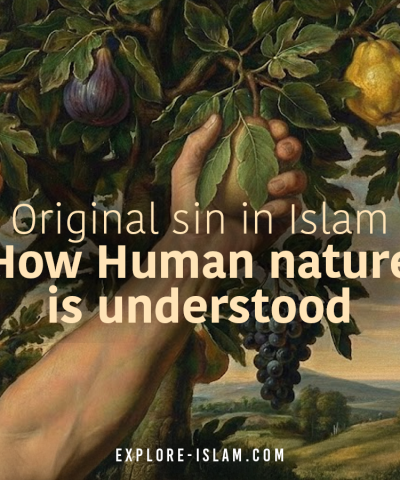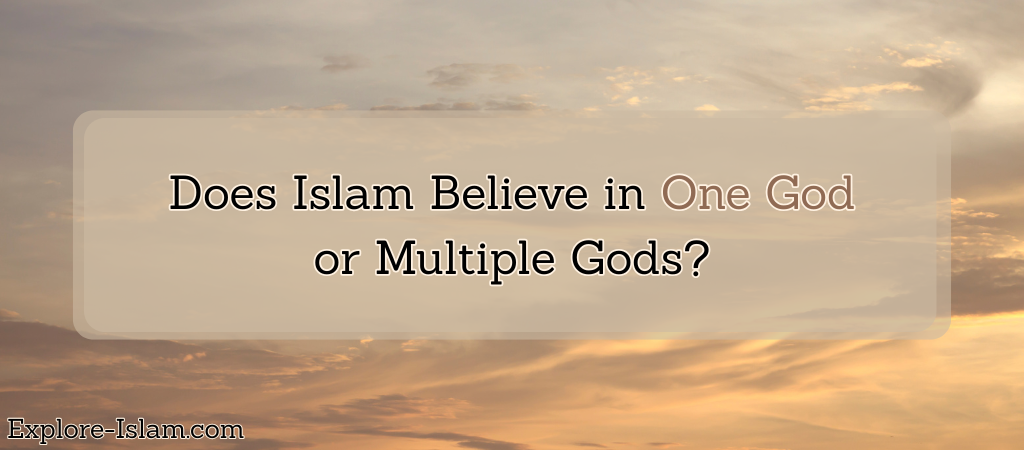
Islam rejects original sin, teaching that everyone is born pure and only responsible for their own actions.
Continue Reading
Looking for the perfect way to say Eid Mubarak Wishes? This article explains the Islamic ruling on sending Eid greetings and provides a variety of ways Muslims wish each other a happy Eid. It also highlights the social and spiritual beauty of Eid, showing how these greetings reflect the values of Islam.
Continue Reading
This guide covers Qiyam al-Layl, including its importance, the Prophet’s method of performance, and the best times for it.
Continue Reading
This guide explores the spiritual, physical, and social benefits of Ramadan fasting and its role in personal growth.
Continue Reading
This guide explores the history, origins, and spiritual practices of Ramadan that foster self-discipline and community bonds.
Continue Reading
This guide covers the spiritual benefits, rules, and requirements of Islamic fasting for personal and communal growth.
Continue Reading
Let’s discuss the Islam And Christmas hot topic. I kept reading about Christmas, its origin, and Santa Claus, till I came to this conclusion: Santa is coming with Islam this year!
Continue Reading
Islam believes Jesus was raised to heaven and will return in the future. The Quran and Sunnah provide details about his return and actions.
Continue Reading
The article analyzes if Judaism, Christianity, and Islam worship the same God, based on their similarities and differences.
Continue Reading
Compares the depiction of God in the Quran and Bible to analyze the debate on whether Christianity and Islam believe in the same God.
Continue Reading
Islam is defined by pure monotheism, the belief in one God. The universe’s harmony confirms a single Creator and why polytheism is rejected.
Continue Reading
Islam’s concept of God emphasizes His Oneness, Perfection, and lack of human resemblance, presenting Him as the One True God of all Prophets.
Continue Reading